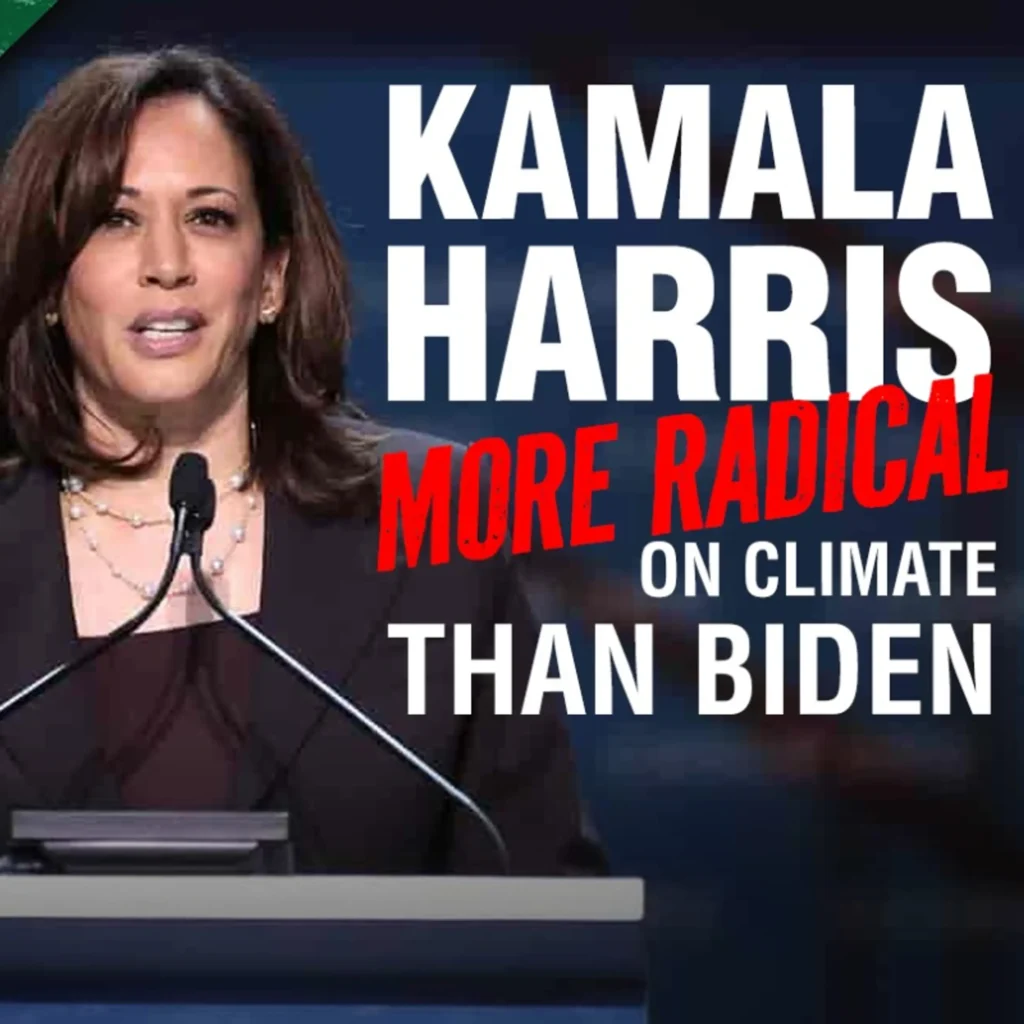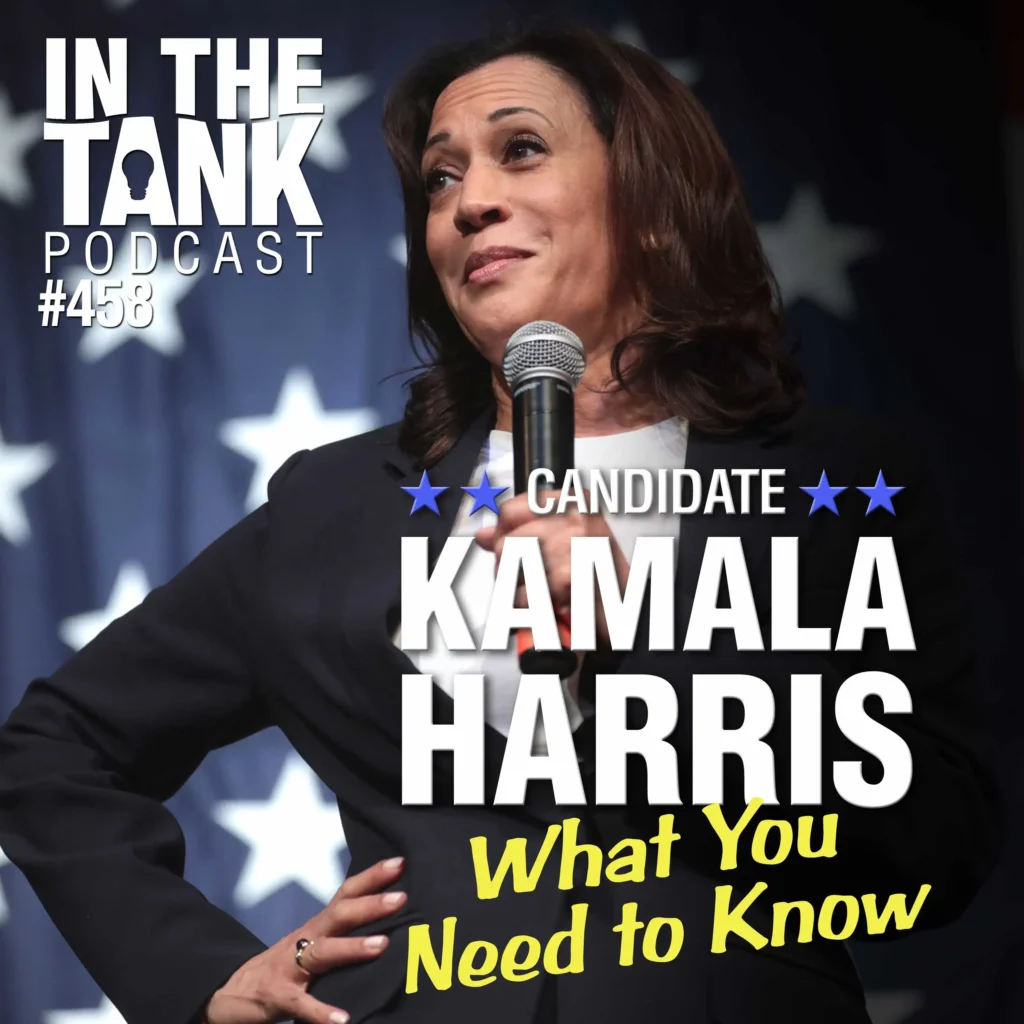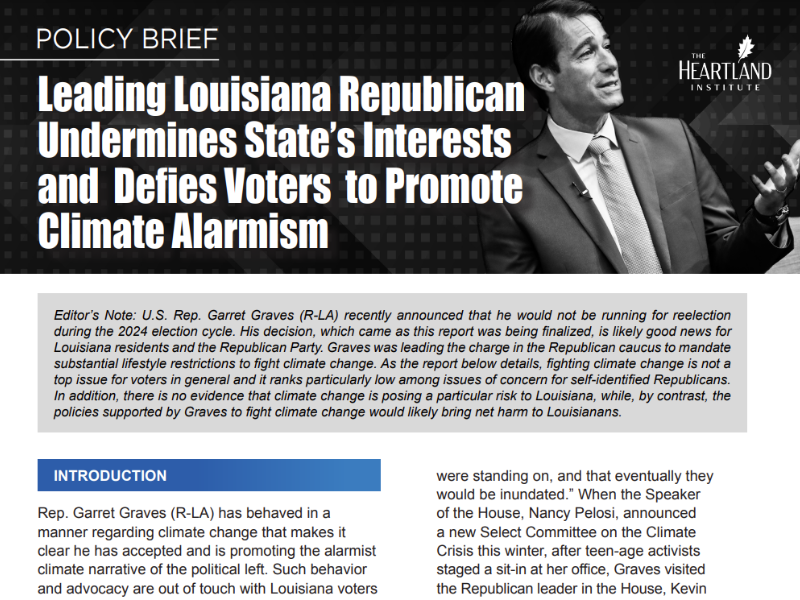“What’s in a name? That which we call a rose
By any other name would smell as sweet.”
Romeo and Juliet, Act II, Scene ii
“I am not a crook.”
President Richard M. Nixon
Opponents of vouchers frequently complain when school choice advocates–particularly legislators–call school vouchers by other names, such as “opportunity scholarships” or “education grants.” Use of these terms misleads the public about the true nature of the proposal, argue critics.
But the executive editor of Today’s Catholic Teacher recently pointed out that the terminology generally used to describe public schooling is itself highly misleading.
“I refuse to use the term ‘public schools’ because I know too many government-operated schools that no longer perform a public service for the students that attend them,” wrote Dr. Robert J. Kealey in a recent editorial, noting that too many students in those schools receive a failing education and do not graduate.
Instead of using the term “public schools,” Kealey, who is executive director of the Department of Elementary Schools for the National Catholic Education Association, generally uses such terms as “state-run schools,” “government-controlled schools,” or “city-managed schools.”
“I also refuse to use the term ‘nonpublic’ to describe schools not funded by the government or required to adhere to overbearing regulations,” he continues. “These schools are open to the public (often they better reflect the public in the local community than the neighboring state-controlled schools), and these schools have a proven record of providing a public service.”
Jim Mahoney, associate superintendent for government affairs for the Archdiocese of New York, agrees. He has been waging a campaign to eliminate the term “nonpublic schools,” which the 1965 Elementary and Secondary Education Act used to denote all schools not funded by the federal, state, or local government.
The problem with “nonpublic,” Mahoney notes, is that it defines by negation–like nonbeliever, nonmember, nonvoter, nonstandard, nonwhite, and nonparticipant.
But “private” is not an acceptable way of describing such schools either, argues Kealey. “Private” connotes “elite,” when in fact many of these schools accept anyone who comes to the door.
Mahoney has suggested the term “schools of choice” to describe schools that do not receive government funds and do not follow the minutiae of government regulations. Such schools with a religious affiliation would be called “schools of religious choice.” While some government school districts provide parents with a “choice” of government-supervised schools–such as magnet schools, open enrollment, and charter schools–these are not “schools of choice.”
“With the parental choice in education movement receiving new momentum each day, the time has come for us . . . to abandon our negative name,” concludes Kealey. “We are the one who decide what our name should be.”



